Food price inflation fell in December as a result of competition in the grocery sector and easing commodity prices.
Food price inflation dropped to 4.1% from a nine-month high of 4.6% in November, said the British Retail Consortium (BRC) Nielsen Shop Price Index. Non-food prices fell 0.3%, due to deflation across electricals, footwear and clothing, meaning the combined overall shop price inflation for December remained at 1.5% for the third consecutive month.
Fresh and ambient food products caused the drop in food inflation due in part to a “fiercely competitive” grocery sector in the Christmas trading period, although the index does not take promotions and multi-buy deals into account. Inflation across fish, vegetables and convenience foods fell against November.
The BRC said commodity price rises are starting to ease, which is expected to cause price volatility in the short-term but prices will fall in the long-term
BRC director general Helen Dickinson said: “Barring any new shocks in the supply chain, I would expect food inflation to stabilise at this sort of level in the short term and we may see it starting to settle to lower levels in the second half of 2013.”
Across non-food deflation in electrical, clothing and footwear slowed on November’s levels but they stayed “well below” the overall index. Inflation across health and beauty, DIY, gardening and hardware and books, stationery and home entertainment all increased.
Dickinson said: “Non-food inflation stayed flat in December, bringing the tally to 10 months since the rate went above zero. This is thanks in no small part to electricals, footwear and clothing, popular segments of Christmas retail which continue to show consistent deflation.”


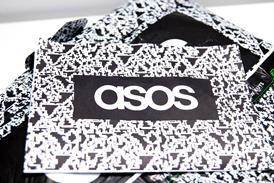
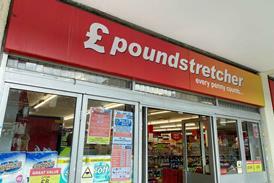


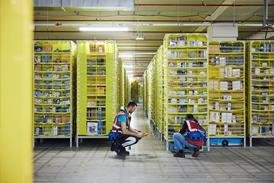
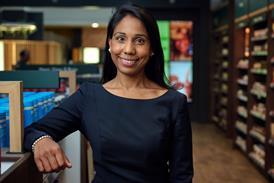






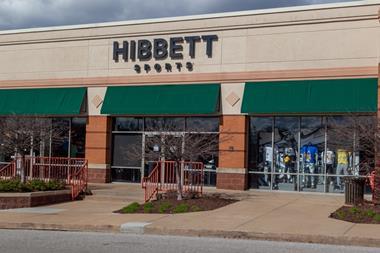
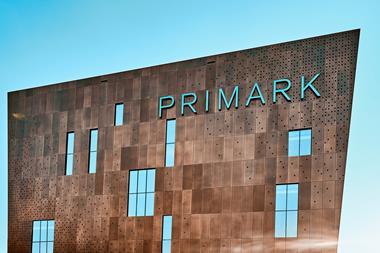

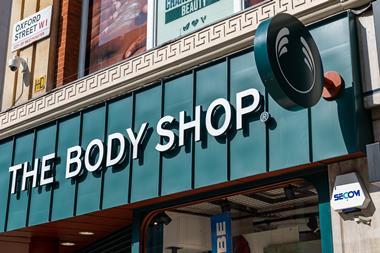
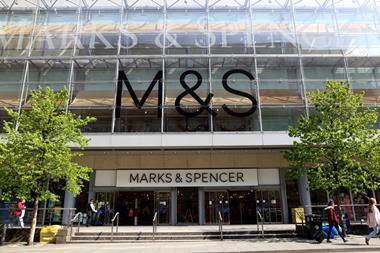
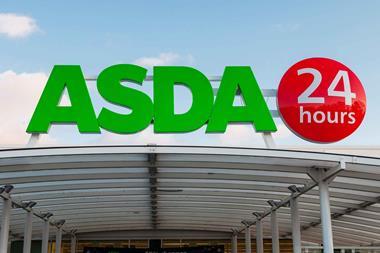
No comments yet